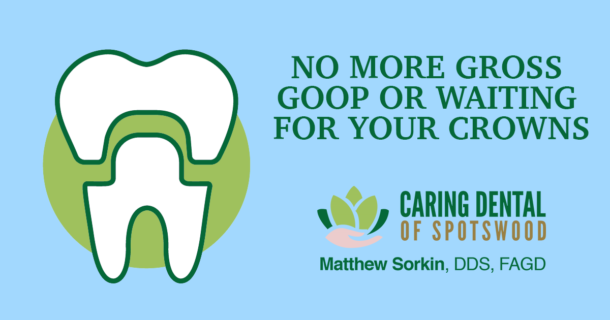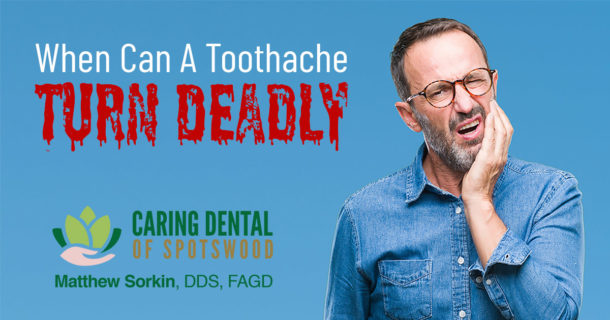Take Care of Yourself Without Cramping Your Social Calendar
The time of year for reunions, weddings, vacations, and other special social events is upon us. Do you need a crown to look and feel your best, but think you just don’t have time to get it done? Well, think again. I can get you in and out of our office with a new crown…












